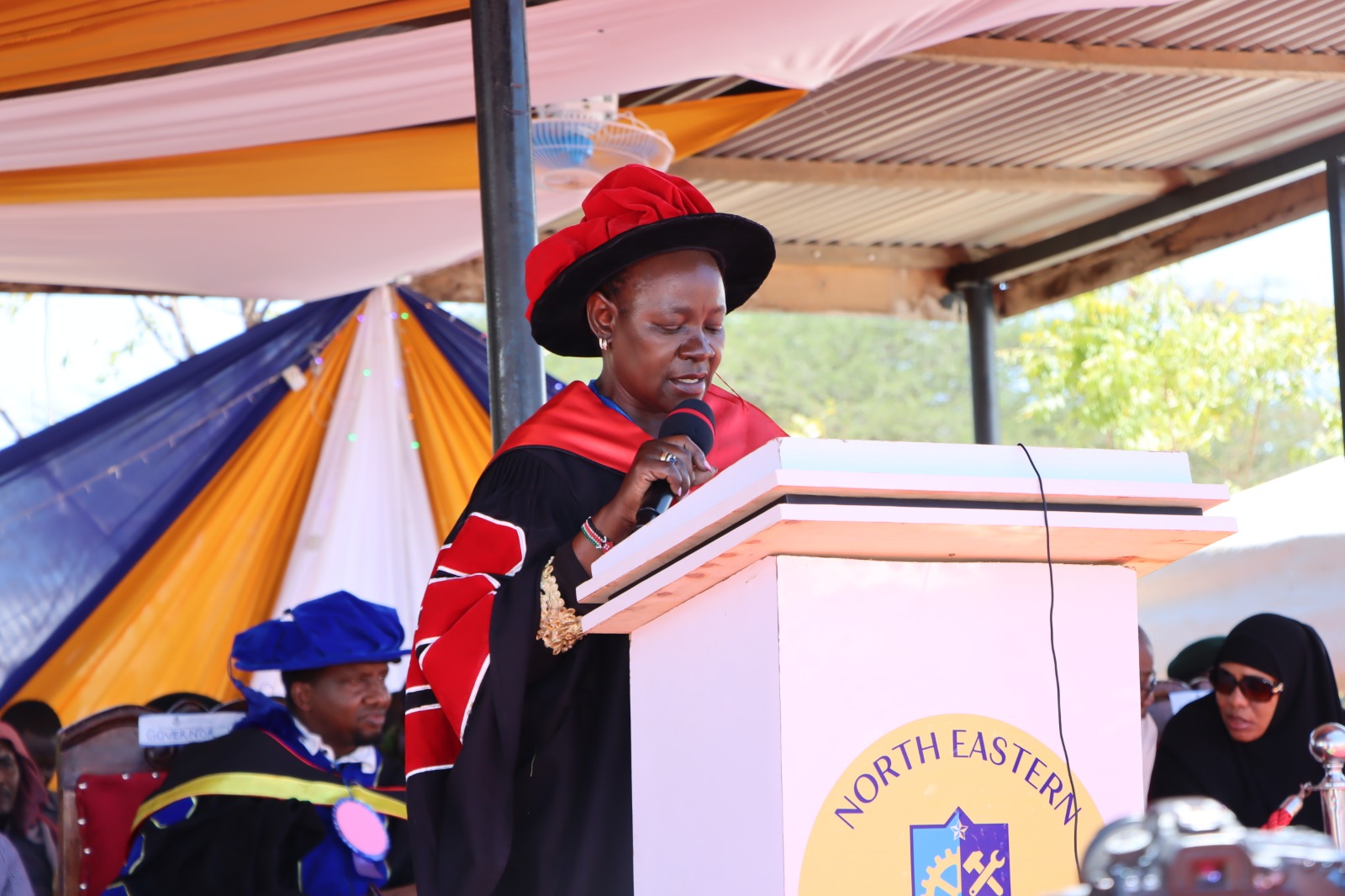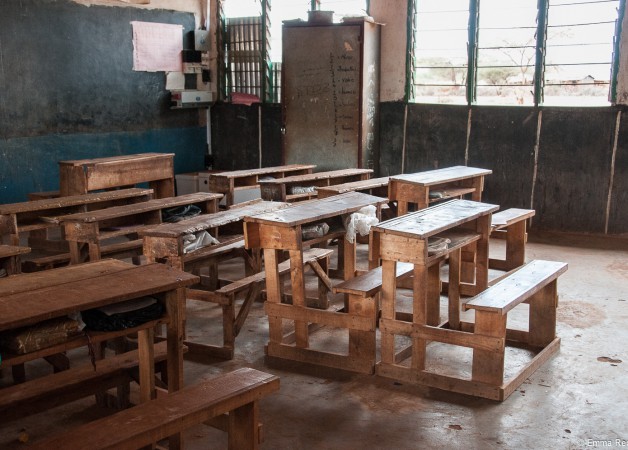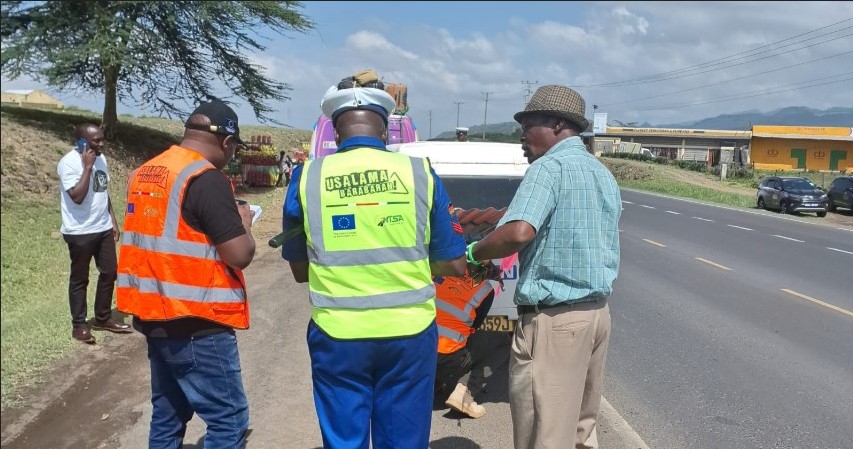TVETs in ASAL region advised to align programmes with pastoralist community lifestyle

The PS directed polytechnic institutions to develop a framework for assessing and certifying these locally earned competencies.
Technical and vocational education and training (TVET) institutions in Kenya's Arid and Semi-Arid Lands (ASAL) have been urged to offer programmes that meet the needs of agro-pastoralist communities.
Speaking at the second graduation ceremony of North Eastern Technical Training College, Esther Muoria, the Principal Secretary for the State Department of TVET, stated that such programmes are a vital tool for transforming individuals' lives and the socio-economic fabric of marginalised communities in the ASAL region.
More To Read
- 2025 KCSE concludes smoothly as government reports sharp decline in exam cheating cases
- Tension mounts as school heads, teachers’ union reject new TSC leadership structure
- 78 people arrested over exam malpractice as KCSE enters final stretch
- TSC calls on teachers to embrace professional development for CBE curriculum
- How AI is reshaping education across Africa
- Kenyan school wins global education award in Dubai
“Many people in this region move across vast areas in search of pasture and water, making traditional, classroom-based education challenging and inaccessible. To meet these needs, the institutions must be innovative,” she said.
She emphasised the need for polytechnics to adopt flexible learning models, such as mobile training centres that can move with nomadic communities.
While acknowledging and lauding the Board, Management and Staff of the institution for the dedication to skilling the graduates, I emphasized the need for North Eastern National Polytechnic, as a Qualifications Awarding Institution to develop programmes including RPL in areas… pic.twitter.com/xpc9AisD70
— PS TVET Dr. Esther Muoria (@Muoria_Dr) November 1, 2024
The Principal Secretary also encouraged institutions to consider incorporating blended learning programmes.
“These programmes combine face-to-face sessions with online modules and virtual simulations, followed by physical practical exercises, requiring only a few sessions in actual workshops,” she explained.
Muoria highlighted the importance of promoting Recognition of Prior Learning (RPL), noting that many individuals in the region have acquired valuable skills informally—through traditional practices, Jua Kali, or work experience.
She highlighted the significance of RPL, stating that it empowers individuals by opening pathways to enhancing their competencies, allowing them to contribute meaningfully to national growth.
The PS directed polytechnic institutions to develop a framework for assessing and certifying these locally earned competencies.
She further urged institutions to offer foreign languages such as German, French, Arabic, and Mandarin to enhance the competitiveness and adaptability of TVET graduates in the international arena.
Top Stories Today














































